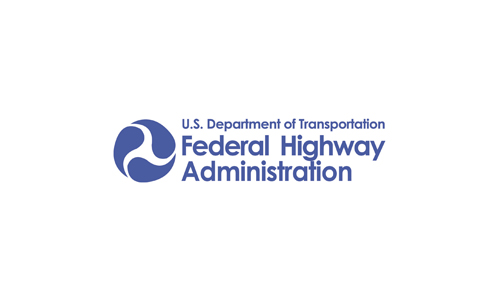Dialogue on Highway Automation

By the Federal Highway Administration, Office of Public Affairs
Automated vehicles have the potential to significantly transform the nation’s roadways. They offer potential safety benefits but also introduce uncertainty for the agencies responsible for the planning, design, construction, operation, and maintenance of the roadway infrastructure. The Federal Highway Administration (FHWA) has initiated a national conversation with partners and stakeholders, as well as the public at-large, to receive broad input on key areas of interest and prepare FHWA programs and policies to incorporate automation considerations. The National Dialogue on Highway Automation is a series of meetings held across the country to facilitate information sharing, identify key issues, and support the transportation community to safely and efficiently integrate automated vehicles into the road network. Input received during the National Dialogue will help inform FHWA research, policies, and programs.
This National Dialogue engages an expanded set of stakeholders—beyond FHWA’s typical stakeholders—in order to ensure that this issue receives broad input. Stakeholders include, but are not limited to, original equipment manufacturers (OEMs), technology suppliers, transportation network companies (TNCs), associations, State and local agencies, and public sector partners.
“Cutting-edge technologies, like automated vehicles, have the potential to dramatically change the nation’s use of highways,” said Acting Federal Highway Administrator Brandye L. Hendrickson. “Without hampering innovation in our federal role, we need to fully understand such advances so we can inform our state and local transportation partners and anticipate their needs.”
The National Dialogue meetings are designed to support significant interaction among participants and are being held in different locations across the country through the end of this calendar year. Workshops will include discussions with government and industry leaders, breakout sessions, listening sessions and opportunities to collaborate with meeting participants.
Meeting Objectives
- Listen: Gather detailed input from a diverse group of stakeholders regarding opportunities and challenges on highway automation, such as infrastructure readiness, traffic operations, policy, planning, and other areas.
- Engage: Facilitate information sharing among industry, public agencies and others to understand the current state of automated vehicle technologies and inform FHWA actions.
- Inform: Raise awareness of FHWA and USDOT initiatives in automation, serving as a resource for the transportation community.
- Evolve: Update institutional structures for working with existing and new stakeholders to develop new partnerships and strengthen coordination channels.
Focus Areas
The FHWA National Dialogue on Highway Automation workshops will address the following focus areas as they represent key categories of interest to the highway community.
- Planning and Policy: Considers issues relevant for the planning and policy community, such as how automation impacts travel demand, land use, infrastructure investment, right of way use, policy barriers, and other topics.
- Digital Infrastructure and Data: Explores the data opportunities and challenges regarding highway automation. Will identify new partnerships and collaboration between public agencies and industry to enable data exchange.
- Freight: Explores truck platooning applications and truck automation, as well as implications for traffic operations and infrastructure.
- Operations: Addresses the range of operations questions with respect to automation, such as traffic incident management and system efficiency. Will initiate a discussion on further research needed to understand these types of challenges.
- Infrastructure Design and Safety: Discusses infrastructure design and standardization needs to facilitate automation. Will highlight areas where automation technology developers and public agencies need discussion and collaboration to address where the roadway infrastructure, design, condition, and environment could lead to potential safety challenges.
With the future of transportation on the horizon, our infrastructure simply cannot be stuck in the past. Transportation and infrastructure are inextricably linked to one another and that link will only expand with the adoption of autonomous vehicles. In order to make true advancements in transportation, infrastructure must keep up to support innovation and ensure long term functionality. Proper planning and funding will be critical components of providing for the future of infrastructure—and these dialogues will be an important step toward FHWA and other stakeholders being able to meet future needs.
